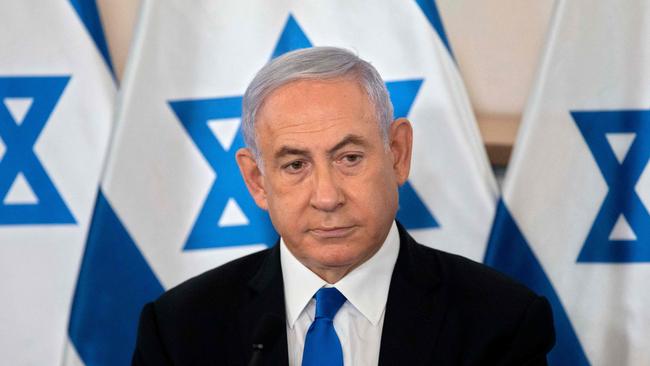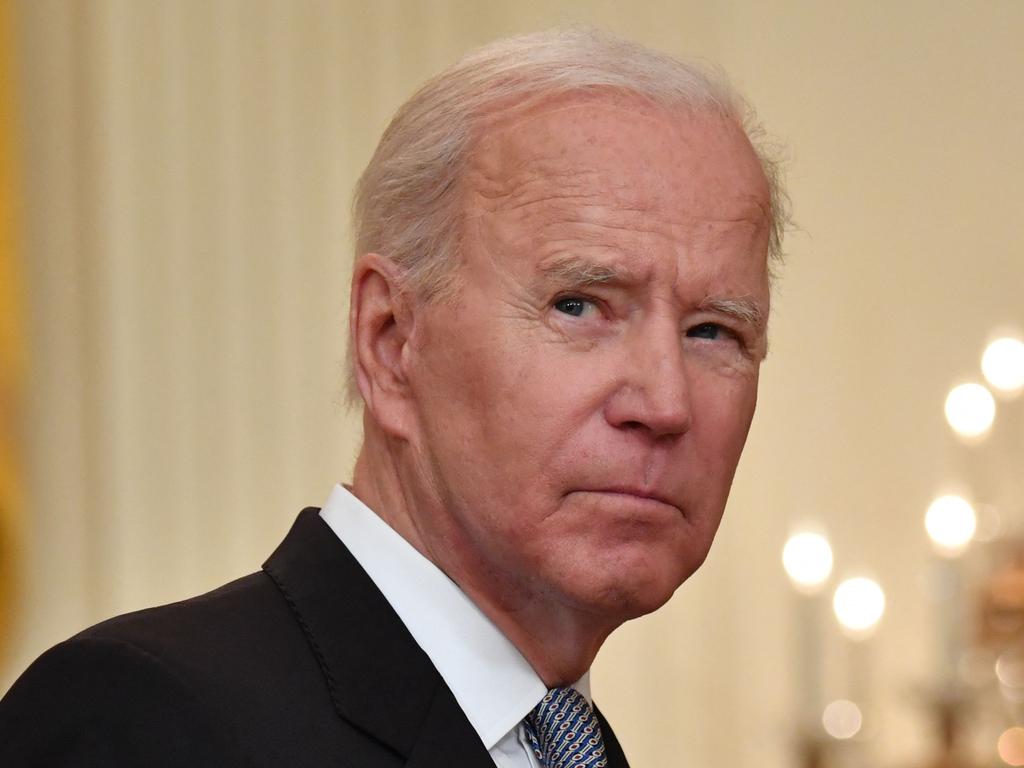
Rather, it highlights a powerful and timeless truth: that there is an inextricable bond between freedom, prosperity and law. Having braved the Exodus, the Israelites were no longer slaves; they could, at last, enjoy the wheat that was the fruit of their labour. But the freedom they had so painfully won was to be freedom under law, which is the only freedom worth having.
Elaborated by successive generations of rabbinical sages, the law became Judaism’s heart and soul, guiding the Jewish people through centuries of unimaginable persecution. In a tradition as vibrant today as it was three thousand years ago, the sages wove out of the Torah a moral code that offered the hope of peace, a word whose Hebrew equivalent — shalom — derives from a root that indicates wholeness, completion and perfection.
But the sages knew all too well that the world was hardly whole, much less perfect. Confronted by nearly perpetual conflict, they forged rules of right conduct not only for guarding the peace but for justice in war. Taught, debated and refined even in millennia of exile and statelessness, those rules of war, which ultimately helped form Christian attitudes to warfare, were unprecedented in scope and substance.
War was accepted by the sages as a practical reality; but it was a grudging acceptance, in which violence was rarely permitted and never glorified. Yes, “if someone comes to kill you, kill him first” (Sanhedrin, 72a), but only if there is no other option. And yes, wrote the 14th-century scholar Menachem ha-Meiri, the Israelites could wage preventive war “when it is known that the enemies are preparing themselves [to attack]”—but the evidence needed to be compelling. Perhaps most importantly, wars were never to be fought to force religious conversion or curb “abominations”. Israel might detest its neighbours or deplore their immorality; however, “it was not the responsibility of Jacob and his sons to bring them to justice”, Nachmanides, a great 12th-century Talmudist, flatly instructed.
As for military prowess, it was systematically reinterpreted to show that “the mighty” are not the war-fighters but those who are “strong in Torah”. Indeed, even David was not allowed to build the Temple because he was “a man of war and hast shed blood” (1 Chron. 28:3). There certainly were warriors who merited admiration; however, as Philo of Alexandria wrote, they were not the “brutal souls” who “breathe slaughter against all” but the fighters who — while effectively defending the people of Israel and deterring their adversaries — sought as best they realistically could to “distinguish between those whose life is one of hostility and the reverse”.
Those rules set the basis in the 1940s for “tohar ha’neshek” [purity of arms], Israel’s stringent and strictly applied rules of engagement. In so doing, they created a stark contrast between the new state and its neighbours.
To say that is not to ignore the complexities and contradictions that characterise Islam’s attitude to armed conflict. However, the overwhelming factor shaping that attitude is the active role Muhammed himself played in warfare. Of the 65 campaigns Muhammed launched, he personally commanded 27, and on nine occasions took a direct part in the fighting; as one prominent source notes, “he would kill one man, order the assassination of a second, behead a third, and declare licit the blood of a fourth”, repeatedly emphasising that the Muslim community could attain glory (izza) through jihad.
Reflecting Muhammed’s own life, waging war on unbelievers, far from being prohibited, was elevated into an obligation. Thus, a much quoted verse in the Koran instructs the faithful to fight the unbelievers until “the religion is God’s entirely” (K8:39), taking every opportunity to “terrify the enemy of God and your enemy” (K8:60). Those warriors who lost their lives in slaying infidels were to be glorified as martyrs; in Paradise, they alone would wish “to return to Earth so as to be killed again 10 times over”.
And when a city of unbelievers was attacked, it was entirely permissible, ruled the eminent Islamic jurist Muhammad al-Shaybani (d. 805), to “burn it with fire, or attack it with hurling machines, though there may be women, old men and children in it”. Indeed, “even if they had Muslim children among them, there would be no harm to all of that”, as those children would reap martyrdom’s eternal rewards.
Many attempts were made within Islam itself to moderate those precepts; and outstanding reformers have repeatedly worked to build an Islam that is peaceful, tolerant and open to the modern world.
But instead of fading, as did the Christian concept of the crusade, the founding precepts remained largely intact, before becoming even harsher following the jihads launched by Abd al-Qadir al-Jazairi (d. 1883) in Algeria, the Khalifa Abdallah (d. 1899) in the Sudan and Sayyid Ahmad al-Sharif (d. 1933) in Libya.
To make things worse, the cult of holy war that grew out of those jihads fused in the 20th century with an apocalyptic streak of Islamic fundamentalism, which found powerful state sponsors in the Middle East, fuelling Hamas and Hezbollah’s ever-growing strength and aggressiveness.
As a result, the battles being fought out this week are not just the escalation of local flare-ups — flare-ups that are especially troubling because of the entirely unacceptable conduct of groups of young Muslims and of equally culpable young Jews.
Rather, those battles are the latest episode in the ongoing clash between an ethical tradition that is integral to the Western heritage and war-soaked fundamentalists who are its implacable foe.
Now, as it seeks security in the wake of rocket attacks deliberately aimed at its civilian population, Israel’s duty is to protect its people while respecting the obligation to pursue justice in war and peace that, ever since that day at Mount Sinai, has been its lodestar. And it is the duty of the West, whose own survival is threatened by everything Hamas and Hezbollah stand for, to give it the support it so clearly needs and can legitimately expect.





On Monday, as Hamas launched hundreds of missiles against Israel’s population centres, prompting Israeli strikes at Hamas’ war-waging capabilities, Jews celebrated Shavuot, the “Feast of Weeks”, which commemorates both the first wheat the Israelites harvested in the Land of Israel and the anniversary of the giving of the Torah (the Hebrew Bible) and its law by God to the Children of Israel at Mount Sinai in 1312 BCE. Coming 50 days after Passover, which marks the Israelites’ flight from Egypt to the promised land, the coincidence of the events celebrated at Shavuot is anything but accidental.